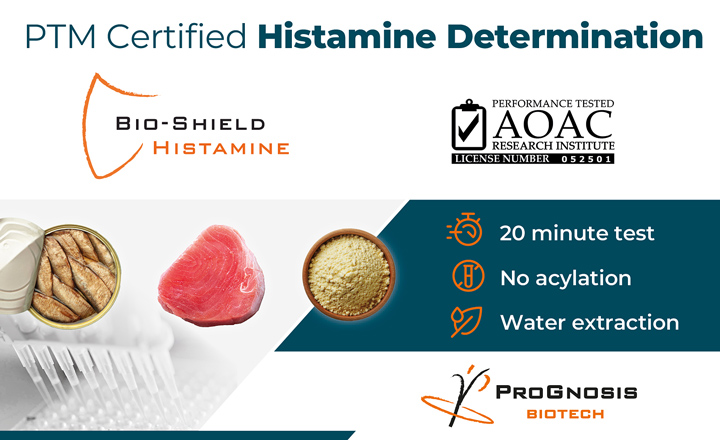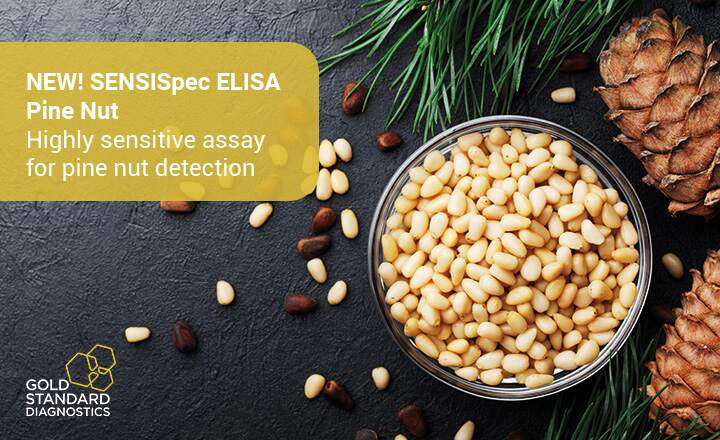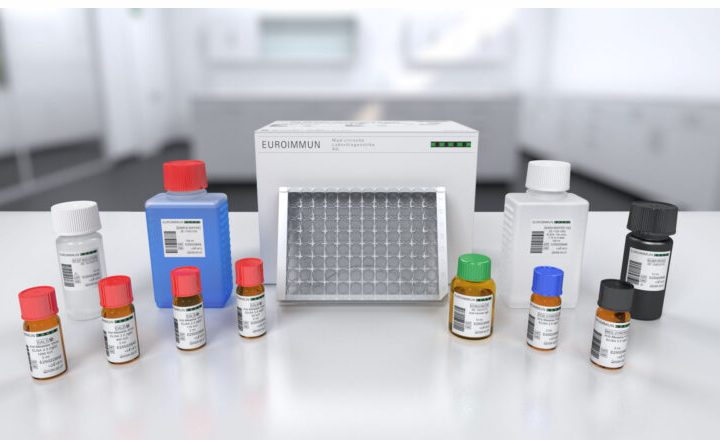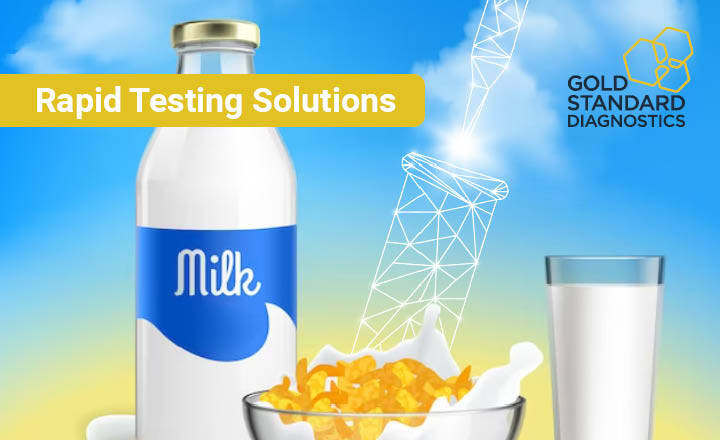EUROIMMUN has launched the Anti-SARS-CoV-2 QuantiVac™ ELISA (IgG) to quantify IgG antibodies against the SARS-CoV-2 S1 antigen. The assay is available for countries accepting the CE mark, and the company plans to file a request for this product with the U.S. Food and Drug Administration for Emergency Use Authorization (EUA).
This quantitative test kit applies a recombinant S1 subunit of the SARS-CoV-2 spike protein, enabling detection of IgG antibodies. These antibodies have been the focus of vaccine development programs as well as discussions about possible immunity in previously infected individuals. With this new ELISA assay, EUROIMMUN is providing a product to support careful evaluation of an important antibody subgroup enabling standard curve-based quantification of the anti-S1 IgG antibody concentration.
“The EUROIMMUN assays, especially the S1-based tests, are important tools for pharmaceutical laboratories conducting clinical trials. Our assays can help to identify individuals who have been exposed to SARS-CoV-2 and may play a critical role in accurate evaluation of antibody status before and after infection, in antibody therapies or vaccination programs”, said Dr Wolfgang Schlumberger, CEO of EUROIMMUN.
The QuantiVac ELISA assay adds to the Company’s broad product portfolio of COVID-19 diagnostics and is based on the CE-marked and FDA EUA-approved semi-quantitative/qualitative Anti-SARS-CoV-2 ELISA (IgG).
EUROIMMUN has increased its ELISA production for COVID-19 diagnostics to more than three million tests per week and can supply large numbers of dried blood spot collection sets for upcoming seroprevalence and vaccination development studies.
Large international reference laboratories have implemented EUROIMMUN SARS-CoV-2 assays, and the tests are being applied in an increasing number of epidemiological studies worldwide.
Note: This content has been edited by a rapidmicrobiology staff writer for style and content.























